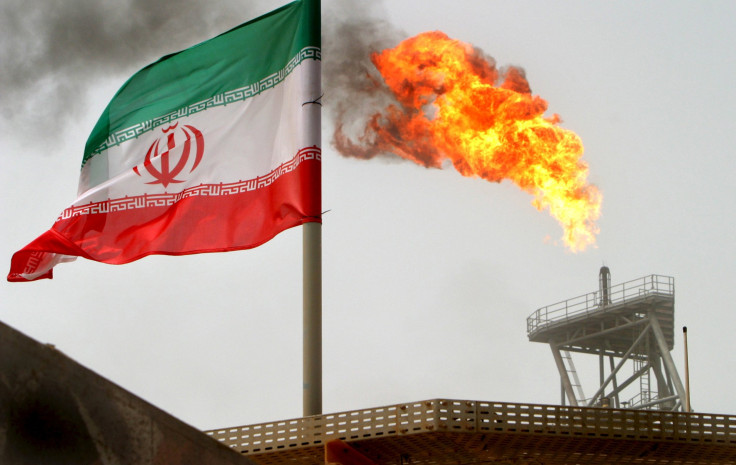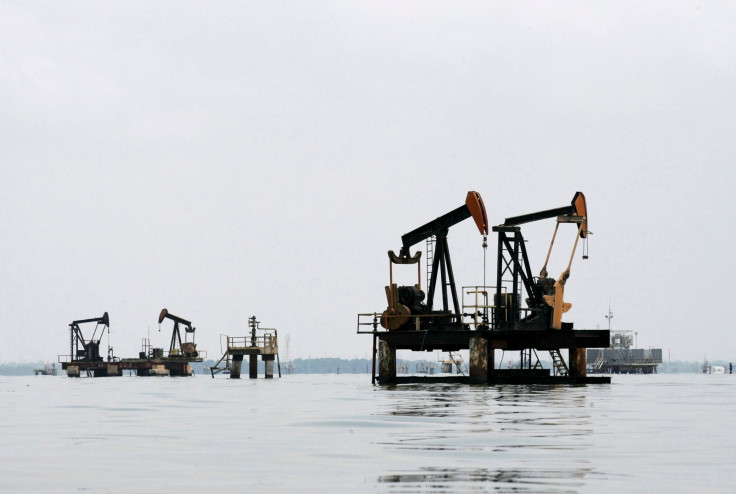OPEC Conference In Vienna: What To Expect When World’s Top Oil Producers Meet This Week

A week after crude oil prices touched $50 a barrel for the first time this year, many of the world’s top oil producers will gather in Vienna Thursday as OPEC members discuss global supply, demand and production issues. But it’s unlikely the 13-country cartel will change its hands-off policy that’s kept crude flowing to the markets despite oil prices sinking to 13-year-lows in February.
About the only thing anticipated to change at the meeting is the number of OPEC members. The African nation of Gabon is expected to join OPEC, adding 240,000 barrels a day to the 32.44 million barrels the group’s members produced a day in April.
Crude oil kingpin Saudi Arabia has steered OPEC away from price intervention during the past couple of years. And now that crude prices are hovering around $49 a barrel, up from about $26 over the past three months, the country is likely to encourage the bloc’s members to keep their output levels unchanged.
“Saudi can now argue to fellow OPEC members that its strategy is working and to stick to it,” Adel Hamaizia, an energy researcher at the University of Oxford, told the Wall Street Journal.

The big question will be whether OPEC countries will avoid cashing in on the comparatively modest price increases seen recently. Poorer OPEC nations such as Ecuador and Nigeria, with high budget deficits linked to low oil prices, have expressed concern about OPEC’s unwillingness to curb output to help support prices.
Saudi Arabia has spearheaded the campaign to keep crude output at near-record levels in a bid to maintain global market share, as well as to impede OPEC member Iran’s recent re-entry into the global oil markets. Cartel members generally can produce oil at prices lower than in developed countries, such as the U.S. OPEC has estimated that American crude output will fall by 430,000 barrels a day in 2016, according to Dow Jones Newswires.
There has been a sharp decline in U.S. oil stockpiles in recent weeks, and the Paris-based International Energy Agency said in its most recent monthly report that the global oversupply should drop from 1.3 million barrels a day to a more manageable 200,000 barrels a day in the last half of this year.
© Copyright IBTimes 2024. All rights reserved.






















